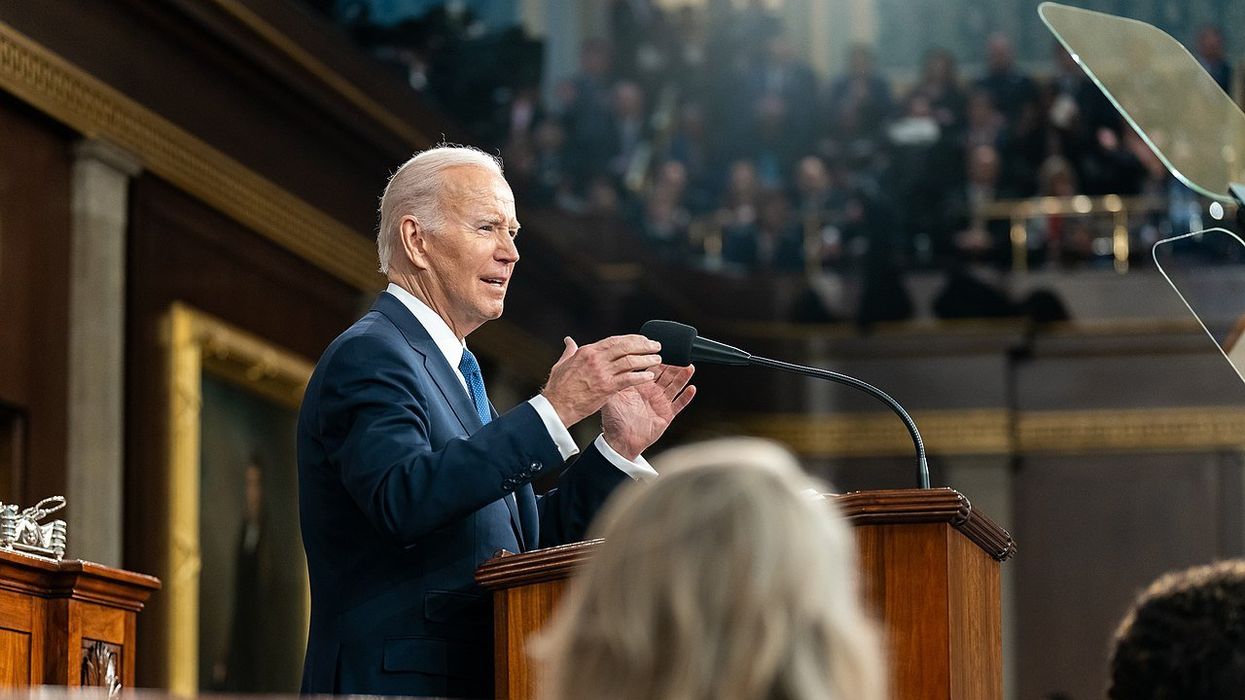But Biden, running for reelection, is making a concerted effort to give "Bidenomics" a positive connotation. The president is enthusiastically embracing the term and bragging that the U.S. has had its lowest unemployment rates in over half a century under his watch. Biden's campaign message: "Bidenomics" makes a strong case for giving him another four years in the White House.
In an op-ed published by the New York Times on July 3, journalist Ezra Klein emphasizes that if former President Donald Trump becomes the 2024 GOP presidential nominee, "Bidenomics" will undermine his ability to win on an economic message.
"The strongest of Trump's arguments, and the one Biden has the most to fear from in 2024, is economic," Klein observes. "In 2016, Trump ran as a businessman savant who would wield his mastery of the deal in service of the American people…. Trump said that elites had sold you out. They traded your job to China."
Klein adds, however, that as president, Trump failed to "turn that critique into an agenda," whereas Biden "set his economic policies in contrast to '40 years of trickle-down.'"
Trickle-down economics, greatly influenced by conservative economist Milton Friedman, was a key part of Ronald Reagan's presidency during the 1980s and claims that the more the wealthy prosper, the more they will share their gains with the middle class. Tax cuts for millionaires and billionaires, according to that theory, will "trickle down" when the wealthy create new high-paying jobs.
The Washington Post's E.J. Dionne, in a June 28 column, describes Bidenomics as a "fundamental change in the nation's approach to economics" and a "major break from the 'trickle-down' policies of Ronald Reagan."
"As a political matter," Dionne explained, "Biden wants to show that his signature policies on technology, climate action and infrastructure are working. On (June 28), he stressed they are producing well-paying jobs for those who have been on the short end of economic growth: Americans without college degrees and those living in places with 'hollowed out' economies."
Businessman Gene Marks, in an article for The Guardian published on July 3, details the form that Bidenomics is likely to take if Biden is reelected in 2024. Marks operates the Marks Group, which specializes in technology and financial management services for small and medium-sized businesses.
"So, where is the Bidenomics money going?" Mark writes. "For starters, there's almost $300bn going towards building chip manufacturing plants under the 2022 Chips Act. There's also another $391bn that's being spent on companies that are improving their energy efficiency and making greener products under the Inflation Reduction Act. A trillion dollars is being expended on roads, buildings and other infrastructure projects thanks to the 2021 Infrastructure Act."
Marks continues, "That's about $1.7tn, which is a lot of money. The president is also telling us that more will be spent on affordable healthcare, social services and education. That's where the money's going over the next few years, and even more will be spent if he wins reelection in 2024."

